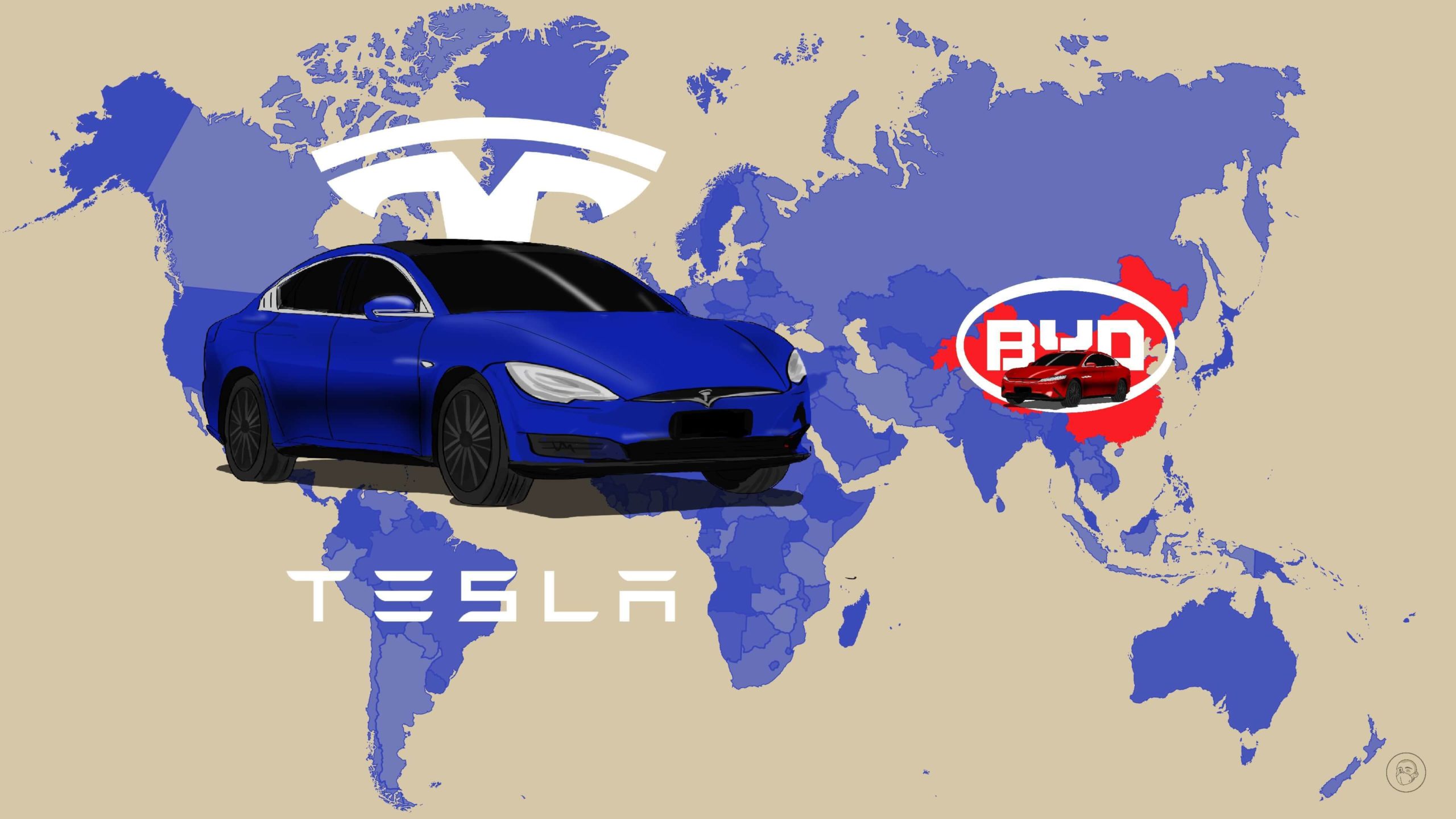launching tomorrow: an updated & rewritten 2025 starter guide to sf💫
— Michelle Fang 🌁 (@michelleefang) June 4, 2025
mapping out even more:
- superconnectors to follow
- AI events + communities + conferences + hackathons
- startup programs + accelerators
- VCs recommended by founders
- finding housing (coliving houses,…
Here's a startup idea based on the text above — think Gary’s Guide meets On Deck meets Product Hunt, but ultra-local and tailored to the AI/startup newcomer scene in SF (and eventually every major startup hub).
Startup Name: LaunchPad Local (or just: "LaunchPad SF")
Tagline:
Your first friend in the city of startups.
What It Is:
A digital companion platform + newsletter for newcomers to startup hubs, starting with San Francisco in 2025. Think “the ultimate onboarding experience” to a new city for startup founders, AI builders, and technologists.
Problem:
Landing in SF (or NYC, LA, Austin, London, Bangalore, etc.) as a startup founder or AI builder is overwhelming:
-
You don’t know who to follow.
-
You miss key meetups and pitch nights.
-
You get burned by shady sublets.
-
You don’t know which VC intros are actually founder-friendly.
-
You’re isolated until you randomly stumble upon community.
Solution:
A hyperlocal, always-updated “Starter Guide + Insider Network” delivered as:
-
Curated newsletter (weekly)
-
Interactive city map & database
-
Founder-first recs (not pay-to-play)
-
Mobile app (event radar, people radar)
-
Slack/Discord/WhatsApp-based community
Core Features (SF Starter Kit v1):
-
🌐 Directory of Superconnectors (curated Twitter/X list + personal intro opportunities)
-
📅 Live AI + Startup Event Tracker (conferences, meetups, hackathons)
-
🧠 Accelerator & Program Map (On Deck, YC, Latitud, PearX, etc.)
-
💰 Founder-Recommended VC List (sortable by thesis, check size, responsiveness)
-
🏠 Housing Radar (coliving houses, founder-friendly landlords, sublet alerts)
-
💼 Workspaces Map (coworking spaces, cafes, “third places”)
-
🌍 Immigration Help (visas, lawyer lists, startup visa programs, global talent initiatives)
Business Model:
-
Freemium:
Free for basic guide/newsletter. Paid Pro version includes:-
Premium intros to VCs/superconnectors
-
Real-time event alerts
-
Private Slack groups by domain (AI, climate, bio, etc.)
-
Job board & housing board access
-
-
Event Sponsorships
-
Partnered "Starter Packs" with local orgs (YC, a16z, Airbnb, Deel, etc.)
Future Vision:
Expand to other cities:
-
LaunchPad NYC
-
LaunchPad Bangalore
-
LaunchPad Berlin
...each with local curators and tailored resources.
Build an AI assistant that guides you in real time based on your interests, visa status, runway, and social goals.
Taglines to Try:
-
Land in SF like a local.
-
The startup welcome mat you never had.
-
Your GPS for the founder journey.
-
Start smarter, connect faster.
Launch Marketing Hook:
“Everything I wish I knew when I first moved to SF.”
Make it founder-authored, founder-backed, and community-owned from day one.
LaunchPad SF https://t.co/jisX1yy9Tp
— Paramendra Kumar Bhagat (@paramendra) June 4, 2025




